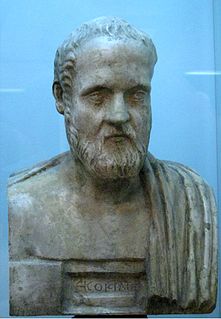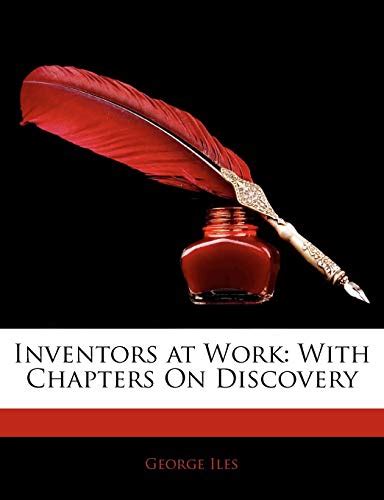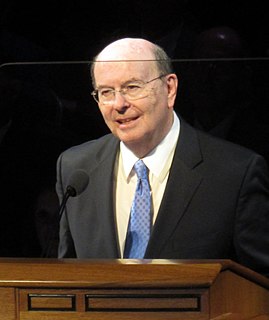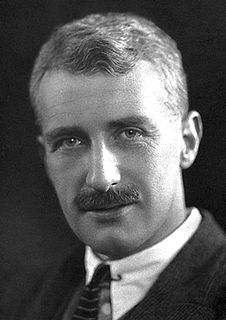A Quote by Isocrates
It is more important to know where you are going than to get there quickly. Do not mistake activity for achievement. Remember that there is nothing stable in human affairs, therefore avoid undue elation in prosperity or undue depression in adversity.
Related Quotes
If something produces an undue amount of pleasure or undue amount of displeasure, it's going to be judged differently and it's going to be introduced in your narrative with a different size, with a different development. So that is the next element to superimpose on the sequencing element. And in fact, that element is so powerful that very often it can trump the sequencing event, that the sequencing aspect.
Without going out-of-doors, one can know all he needs to know. Without even looking out of his window, one can grasp the nature of everything. Without going beyond his own nature, one can achieve ultimate wisdom. Therefore, the intelligent man knows all he needs to know without going away, And sees all he needs to see without looking elsewhere, And does all he needs to do wihout undue exertion.
The study of letters is the study of the operation of human force, of human freedom and activity; the study of nature is the study of the operation of non-human forces, of human limitation and passivity. The contemplation of human force and activity tends naturally to heighten our own force and activity; the contemplation of human limits and passivity tends rather to check it. Therefore the men who have had the humanistic training have played, and yet play, so prominent a part in human affairs, in spite of their prodigious ignorance of the universe.
From a Buddhist point of view, this is standing the truth on its head by considering goods as more important than people and consumption as more important than creative activity. It means shifting the emphasis from the worker to the product of work, that is, from the human to the sub-human, surrender to the forces of evil.
An organization belongs on a sick list when promotion becomes more important to its people than accomplishment of their job they are in. It is sick when it is more concerned with avoiding mistakes than with taking risks, with counteracting the weaknesses of its members than with building on their strength. But it is sick also when "good human relations" become more important than performance and achievement.
Everybody felt his superiority, but nobody felt oppressed by it. Though he had no illusions about people and human affairs, he was full of kindness toward everybody and everything. Never did he give the impression of domineering, always of serving and helping. He was extremely conscientious, without allowing anything to assume undue importance; a subtle humor guarded him, which was reflected in his eyes and in his smile.































